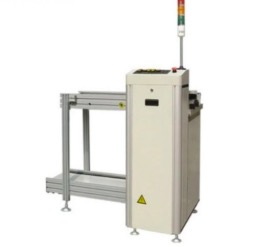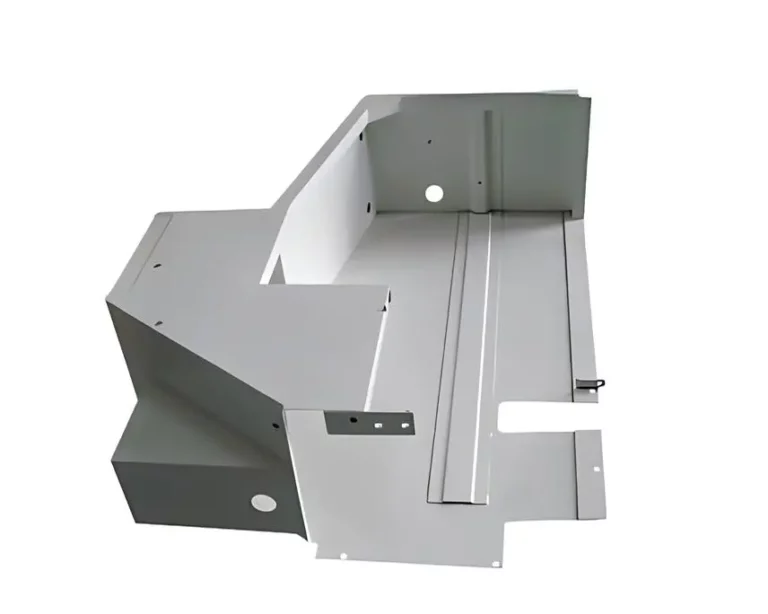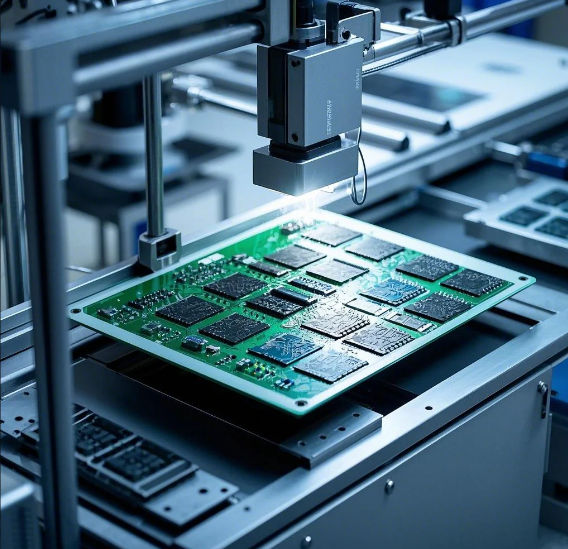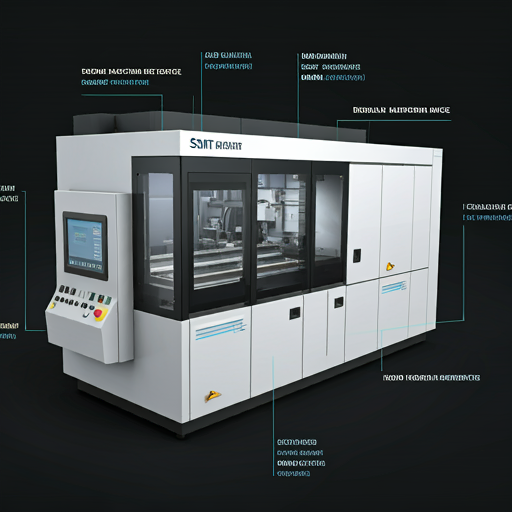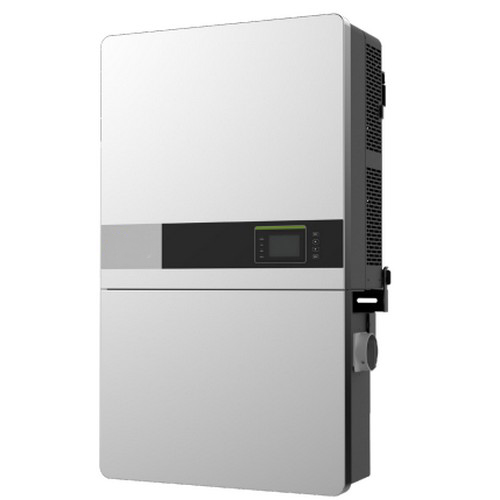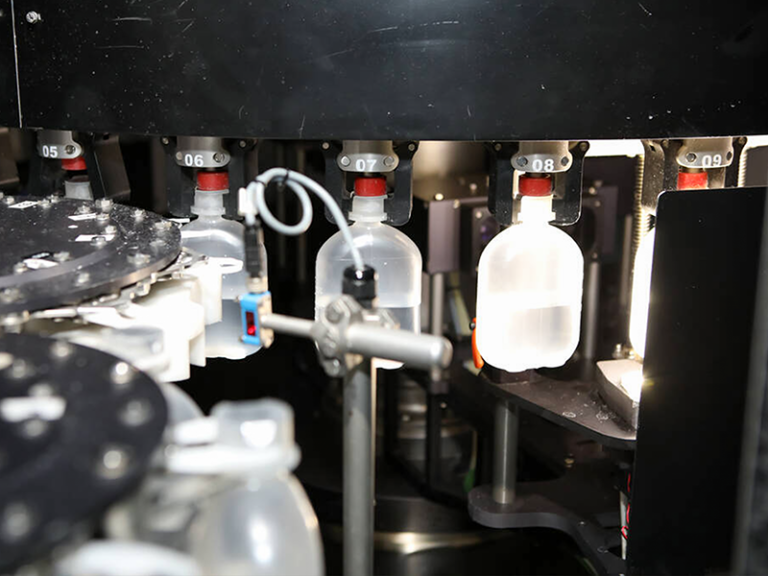目录
ToggleLabel printing solutions are crucial for various industries, ranging from retail and logistics to healthcare and manufacturing. Selecting the best label printing solutions involves considering several key factors that ensure efficiency, quality, and reliability. This article will delve into these factors, providing a practical guide for making informed decisions.
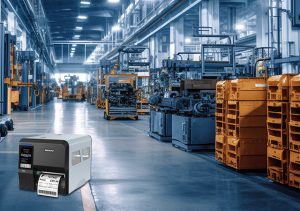
1. Print Quality and Resolution
One of the primary considerations in label printing solutions is the print quality and resolution. High-resolution printing ensures that barcodes, text, and images on labels are clear and legible. This is particularly important in industries where accurate scanning and readability are critical. When evaluating printers, check the dots per inch (DPI) specification; a higher DPI usually means better print quality.
2. Print Speed and Volume
Different applications require different print speeds and volumes. For example, a retail environment with high customer turnover needs a label printer that can produce labels quickly and efficiently. On the other hand, a small manufacturing setup might prioritize quality over speed. Assess the printing speed (measured in inches per second, or IPS) and the printer’s duty cycle to ensure it can handle your required volume without frequent maintenance.
3. Connectivity and Compatibility
Modern label printing solutions should offer versatile connectivity options, including USB, Ethernet, Wi-Fi, and Bluetooth. This flexibility ensures that the printer can easily integrate into existing systems and can be used across various devices and platforms. Additionally, compatibility with different operating systems and label design software is essential for seamless operation.
4. Media Handling and Versatility
The type of labels you need to print can vary significantly. Some applications may require simple paper labels, while others might need durable synthetic materials. Ensure that your label printing solution can handle various media types and sizes. Look for features such as adjustable media sensors, peel-off capabilities, and the ability to print on continuous, die-cut, or fan-fold labels.
5. Durability and Reliability
Label printers are often subjected to demanding environments, whether it’s a busy warehouse or a healthcare facility. Therefore, durability and reliability are crucial factors. Printers should be built to withstand wear and tear, with robust components and protective casings. Consider models that have a proven track record of reliability and come with comprehensive warranties.
6. Cost of Ownership
While the initial cost of a label printer is an important consideration, it’s also essential to evaluate the total cost of ownership. This includes the cost of consumables such as labels and ribbons, maintenance expenses, and energy consumption. Choosing a printer that offers efficient consumable usage and requires minimal maintenance can lead to significant long-term savings.
7. Ease of Use and Maintenance
User-friendly interfaces and straightforward maintenance procedures are vital for efficient operation. Look for label printing solutions with intuitive control panels, easy media loading mechanisms, and accessible components for routine cleaning and maintenance. This reduces downtime and ensures that even less experienced operators can use the printer effectively.
8. Environmental Considerations
As sustainability becomes increasingly important, many businesses are looking for label printing solutions that minimize environmental impact. Consider printers that offer eco-friendly features such as energy-efficient operation, recyclable materials, and reduced waste through precise media handling and efficient printing processes.
Conclusion
Choosing the best label printing solutions requires a careful evaluation of various factors, including print quality, speed, connectivity, media handling, durability, cost of ownership, ease of use, and environmental impact. By thoroughly assessing these elements, you can ensure that your label printing solution meets your specific needs and enhances your operational efficiency.
0

